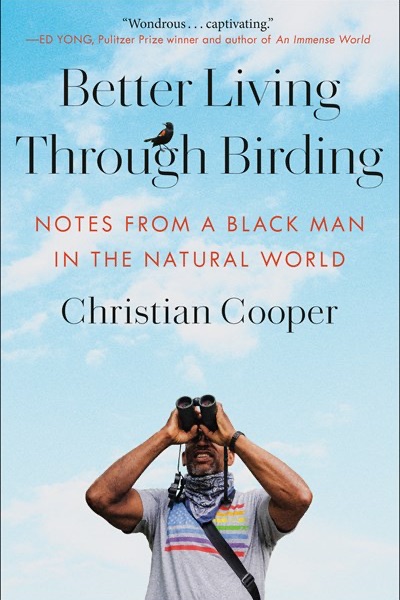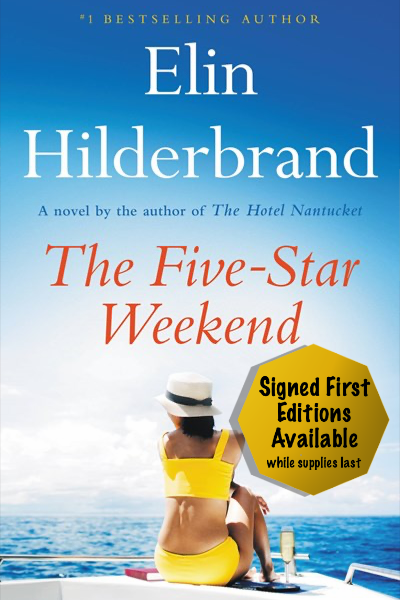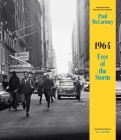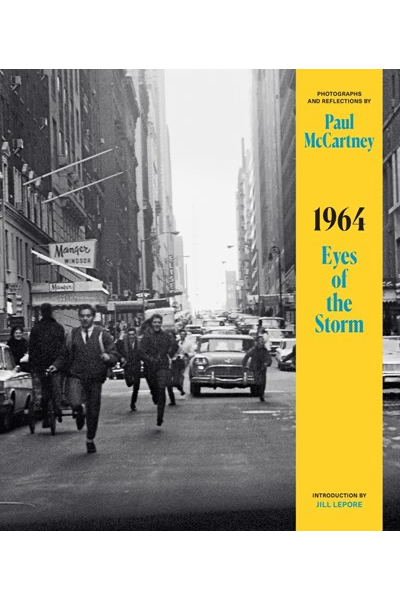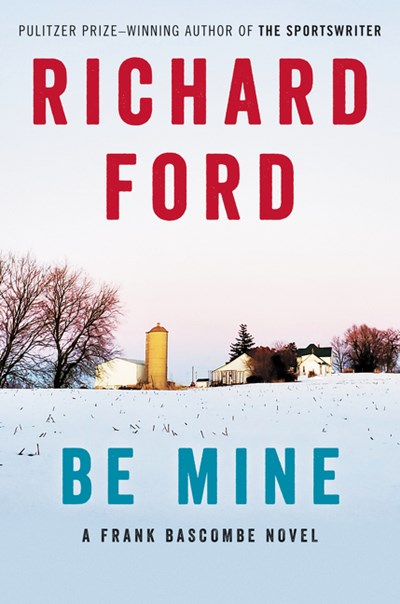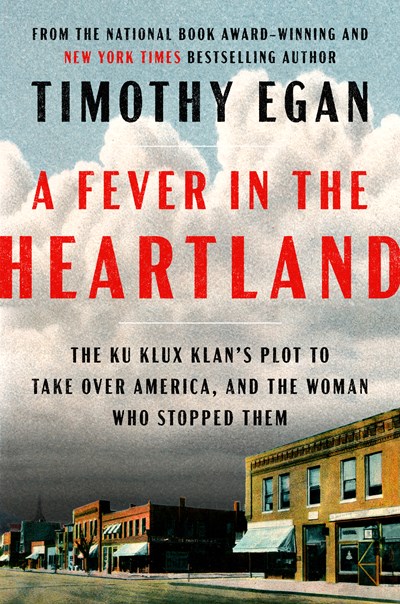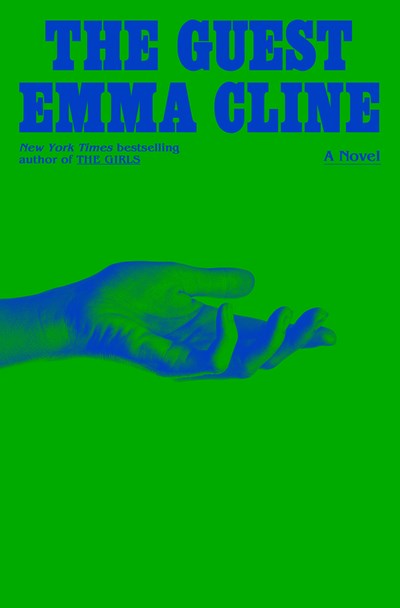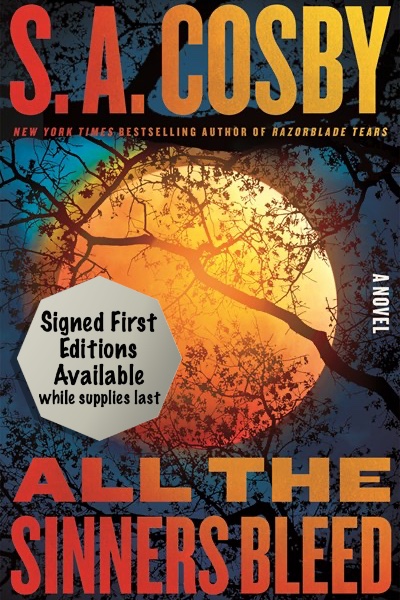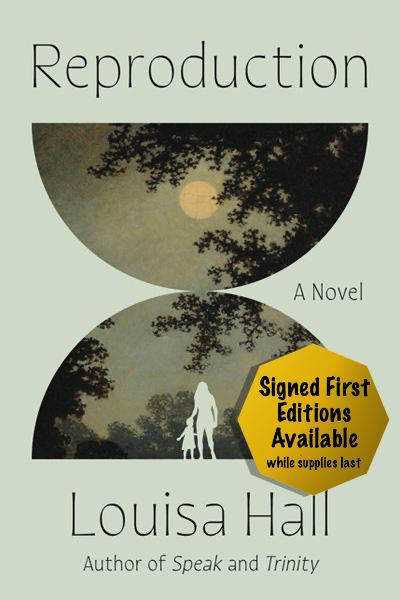
A lucid, genre-defying novel that explores the surreality of pregnancy, childbirth, and motherhood in a country in crisis
A novelist attempts to write a book about Mary Shelley, author of Frankenstein, a mother and artist whose harrowing pregnancies reveal the cost of human reproduction. Soon, however, the novelist’s own painful experiences of pregnancy and childbirth, as well as her increasing awareness of larger threats from climate change to pandemic, force her to give up on the book and turn instead to writing a contemporary Frankenstein, based on the story of an old friend who mysteriously reappears in her life.
In telling a story that ranges from pregnancy to miscarriage to traumatic birth, from motherhood to the frontiers of reproductive science, Louisa Hall draws powerfully from her own experiences, as well as the stories of two other women: Mary Shelley and Anna, a scientist and would-be parent who is contemplating the possibilities, and morality, of genetic modification.
Both devastating and joyful, elegant and exacting, Reproduction is a powerful reminder of the hazards and the rewards involved in creating new life, and a profoundly feminist exploration of motherhood, female friendship, and artistic ambition.




